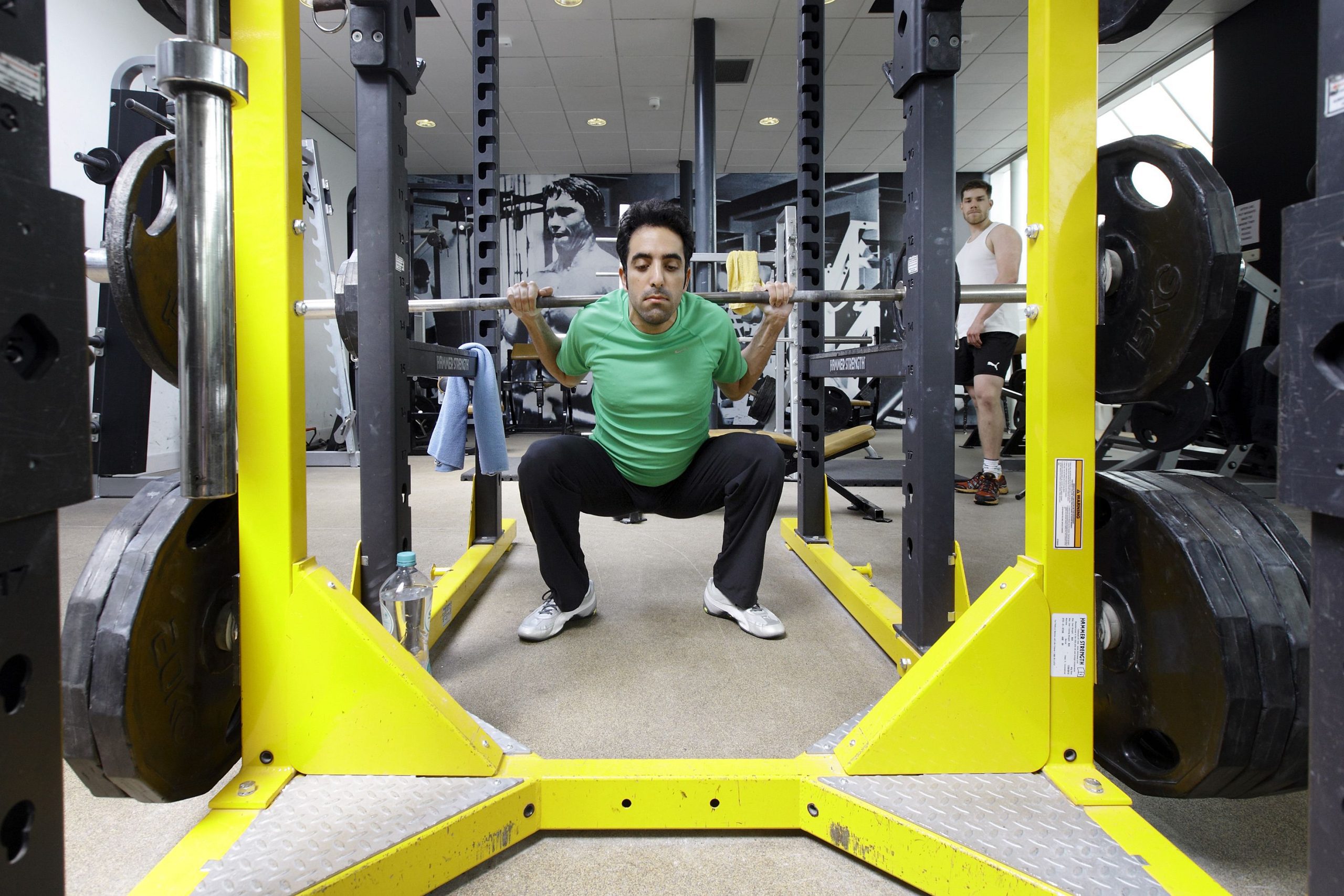In June 2015, students at Duke University filed a petition against a university policy that denied visiting students membership at on-campus sports and recreational facilities.
The policy was eventually changed, but the news sparked discussions about how universities around the world treat their exchange students.
TU Delft hosts hundreds of exchange students every year, some via Erasmus, the 3TU Federation and other international partnerships. Besides the Central International Office (CIO), every faculty has a department dedicated to exchange students (incoming and outgoing). Student housing is arranged by DUWO, as it is for full-time international students. However short their stay, the university doesn’t see exchange students as mere ‘visitors’.
“On the contrary, we encourage students to become members of student associations and to use the sports and cultural facilities available on campus,” said Maaike Kraeger-Holland, Exchange Coordinator, Faculty of Civil Engineering.
As for membership at Sports & Culture (S&C), exchange students need an official letter from the university specifying the duration of their stay. “All students – including exchange students – can use a sports card to participate in all activities, with the exception of fitness (a fitness subscription is available for 2, 6 or 12 months),” said Samantha Birtantie-Liebregts, communication manager, S&C. While students need to buy an annual sports card, they can use the refund policy for part of the cost of their sports card if they are here for a short duration. “This is subject to the condition that the period for which they are requesting a refund is longer than three months.” As for the various extra-curricular classes offered, given that they are typically for seven weeks, all exchange students are welcome to apply for them.
Exchange students can also attend the introduction programme organised by the CIO, but are required to pay for it as they do not pay the university fees. However, most faculties also organise smaller orientation programmes, such as the two day mandatory (and free) programme hosted by Civil Engineering. The faculty also assigns a student-buddy to their 70-odd annual exchange students.
The faculty of Electrical Engineering, Mathematics and Computer Science (EEMCS) expects about 90 exchange students in 2015. Besides a welcome day, they have a mentor for the group who meets them every week. The mentor introduces them to BlackBoard, shows them how to enrol for exams, etc. “There is also a closed Facebook group for EEMCS exchange students where they can ask questions to the mentor or me, or contact each other,” says Jitske van der Laan, International and Internship Officer, EEMCS.
Around 65 exchange students enrol at the Faculty of Industrial Design (IDE) each year. “The biggest challenge for them is to get used to the big scale of the faculty. We have our own introduction day and appoint student mentors as well,” says Janneke Arkesteijn, International Coordinator, IDE.
Spanish exchange student Joel Plana says the streamlined process worked great for him. “Everything went smoothly, especially when compared to what some of my friends who are Erasmus scholars at other universities faced. Things here were well organised, soon after I got my student ID I got my membership at the Sports Centre.”



Comments are closed.